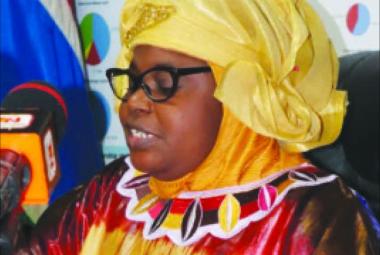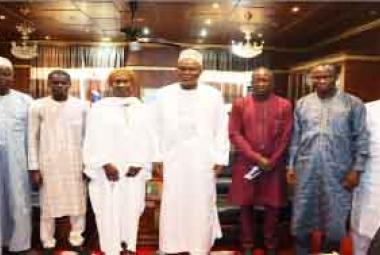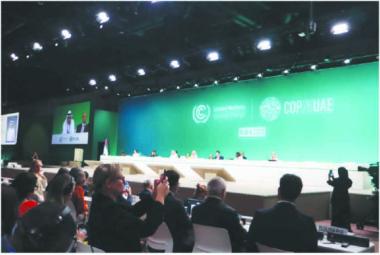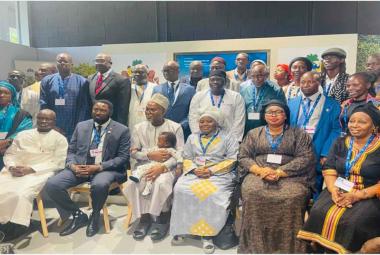By Isatou Jawara
The Executive Director of the National Environment Agency (NEA) said that The Gambia Environment Action Plan (GEAP) was developed in 1992 and adopted by Government in 1993. GEAP provides the framework for environmental policy planning and natural resources management on a continuous basis.
Mr Dodou Trawally was speaking at the NaNA conference hall recently during the validation of GEAP Phase three, an environmental policy document that will guide the environment activities of The Gambia on the progress, challenges and the way forward.
The purpose of the validation is to engage senior environment stakeholders for the successful implementation of the policy document. GEAP is designed to take key principles to approach and involve strong participation of communities in decision-making. In attendance were senior environment experts, civil society and other relevant stakeholders.
The executive director said its implementation commenced in 1994 with government and the donor community adding: “after more than 27 years of implementation we have come to a point we need to reassess our position to determine the way forward using our major strength to implement the GEAP.”
According to the NEA executive director, the achievements of GEAP include the establishment of a functional institutional framework for the management of natural resources. Several new pieces of legislation were approved to regulate among others the use of hazardous chemicals, ozone depleting substances and discharge from industries and the National Environmental Management Act 1994.
“Therefore, an important element in the GEAP Phase 3 implementation strategy will continue to be the raising of public awareness and implementation of the three Global Environment Framework on Convention on Climate Change Desertification and Bio-diversity. All the three conventions have a great idea in common,” Mr Trawally concluded.
The Consultant for GEAP Phase three Mr Nyada Y Baldeh said GEAP Phase three have a strong foundation for sustainable development efforts in The Gambia.
“The achievements of the previous GEAP at the rapid rate of environmental destruction are still evident in The Gambia. While the implementation of major development projects over the years has had an impact on the environment, environmental considerations have been only slowly incorporated into decision making process,” Mr Baldeh noted.
Sheikh Alkinky Sanyang, head of communications at NEA added that environmental management is everyone’s business and Gambia’s environmental problem is based on attitudes.
“Any form of environmental education and sensitization conducted would not yield the attitudes of the public. One of the greatest environmental impact is climate change. I call on every Gambian to change their attitudes towards the environment positively,” Mr Sanyang stated.





